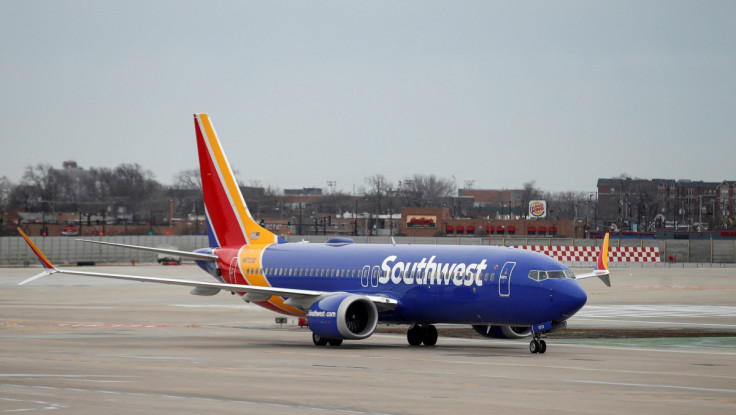
Southwest Airlines unveiled major changes to its operations, including the discontinuation of its open seating policy, which has been in place for more than 50 years. The move comes as the airline faces mounting investor pressure to improve financial performance and bolster its share price.
One of the most notable changes is the end of open seating, a practice Southwest has maintained since its inception in the 1970s under founder Herb Kelleher.
The airline plans to introduce assigned seating, with a focus on offering seats with extra legroom, which will account for roughly one-third of seats across its fleet.
According to Reuters, research indicates that 80% of Southwest's current customers and 86% of potential customers prefer assigned seating. The new cabin layout will require approval from the U.S. Federal Aviation Administration and is expected to be available for bookings in 2025.
Southwest's earnings have been under strain recently, partly due to delays in aircraft deliveries from Boeing, which have affected revenue and increased costs.
An industry-wide overcapacity in the domestic market has also led to decreased airfares, further impacting the airline's financial results. Over the past two years, Southwest's shares have declined by approximately 30%, while the S&P 500 has risen by about 37%, according to the Reuters report.
Speaking at an earnings call, Southwest CEO Bob Jordan said the airline is committed to transforming its operations to achieve its financial targets. "We see this as a fundamental transformation of Southwest Airlines," he added.
While other U.S. airlines, such as Delta and United, are leveraging long-haul international flights and premium cabins to maintain profitability, Southwest does not currently offer these options.
Southwest's shares rose 6% to $28.31 in afternoon trading following the announcement.
Despite the industry trend of discounting fares due to excess capacity, Southwest remains committed to its no-bag fee policy, which it cites as the primary reason customers choose the airline.
Southwest is also in discussions with Boeing regarding compensation for the financial impact of delayed deliveries, expecting price discounts as compensation.
Looking ahead, Southwest anticipates third-quarter unit revenue to be flat or down by up to 2% year-on-year, with non-fuel operating costs projected to rise by 11%-13%.
Analysts from TD Cowen forecast losses for the current quarter and breakeven results for the fourth quarter. The airline's second-quarter adjusted profit was reported at 58 cents per share, surpassing analysts' expectations of 51 cents per share, according to LSEG data.
Southwest plans to provide more detailed information about its transformation strategy at its investor day in September, and will introduce overnight flights starting in February.




